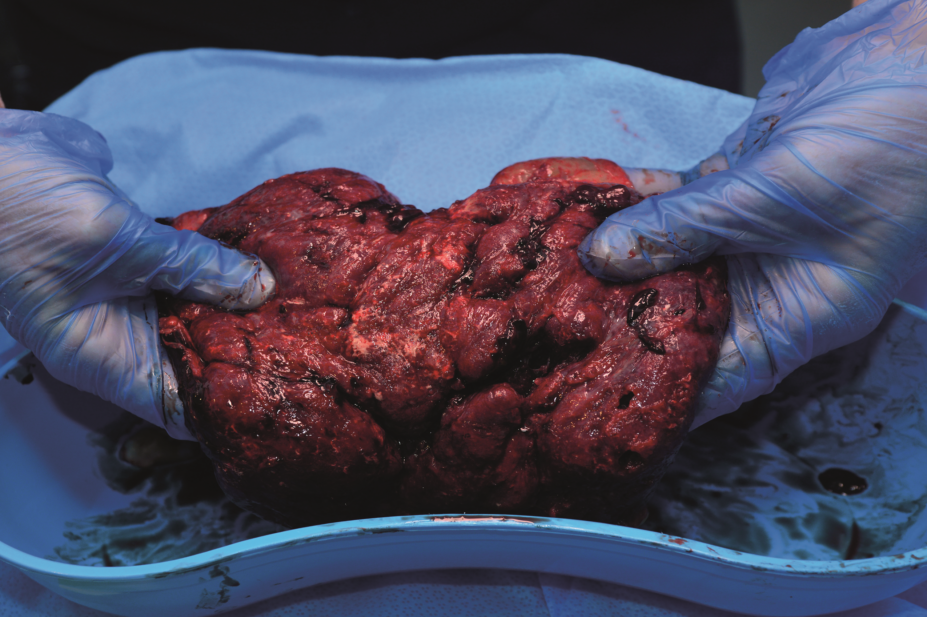
Shutterstock.com
Researchers may have discovered the mechanism for adverse foetal outcomes seen with the antiepileptic drug valproic acid (VPA), showing that exposure can alter carriers for compounds essential for foetal development[1]
.
The researchers obtained placentas from caesarean deliveries of women with no known epilepsy. Cotyledons — sections of the placenta that receive foetal blood from chorionic vessels — were cannulated and perfused in the absence and presence of VPA. The expression of carrier genes in the perfused cotyledons was then analysed.
It was found that, within a matter of hours, VPA significantly altered the mRNA (messenger ribonucleic acid) levels of major carriers for essential compounds, such as folic acid, glucose, choline, thyroid hormones and serotonin, and reduced placental folate concentrations by 25–35%.
However, the authors pointed out that many of the effects of VPA on carrier expression were significant only at concentrations representing high therapeutic or supratherapeutic levels of the drug.
“Even short exposure of the human placenta to VPA is sufficient for triggering changes in the expression of carriers for compounds essential for foetal growth and development,” the authors concluded.
References
[1] Rubinchik-Stern M, Shmuel M, Bar J et al. Adverse placental effects of valproic acid: studies in perfused human placentas. Epilepsia 2018. doi: 10.1111/epi.14078


